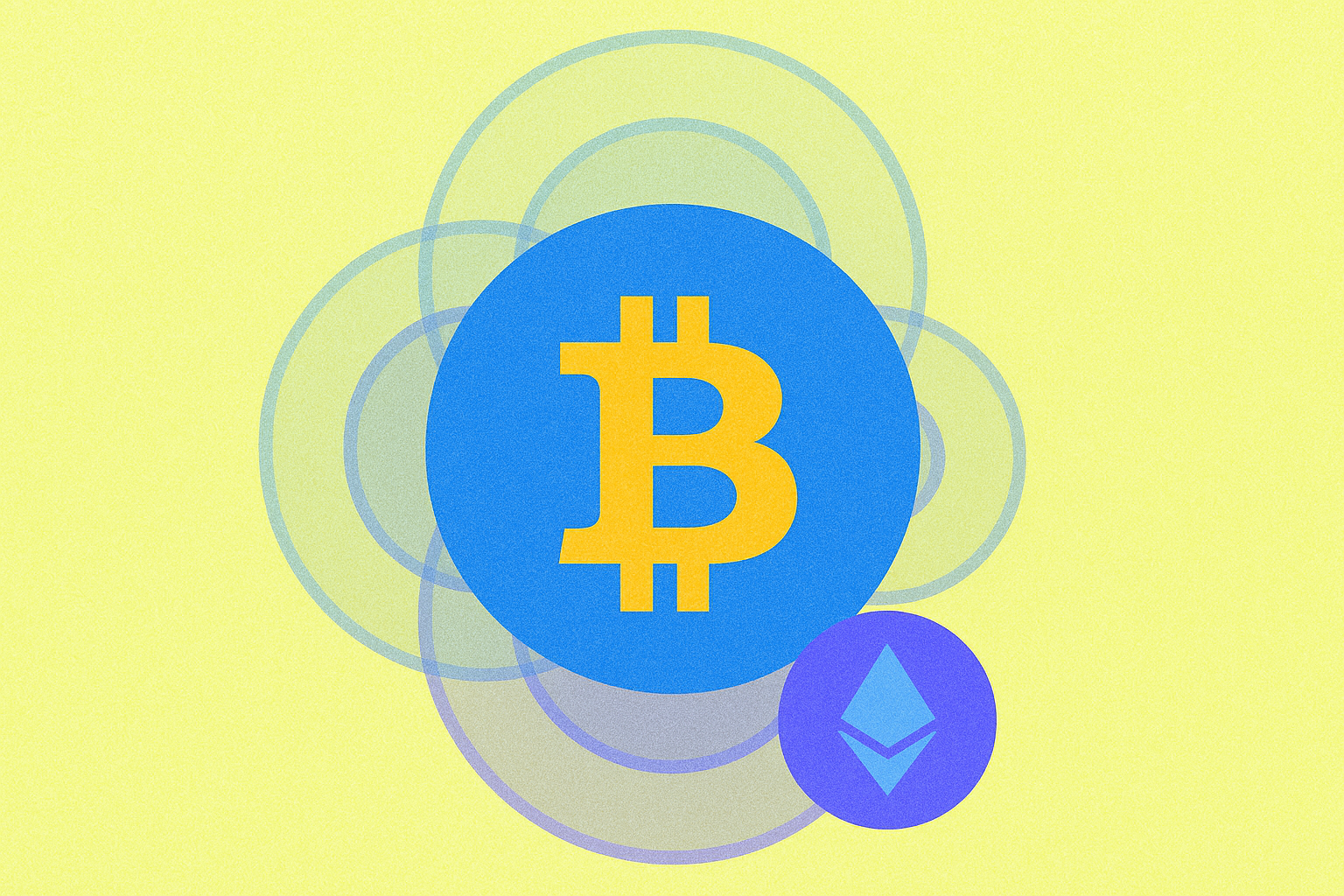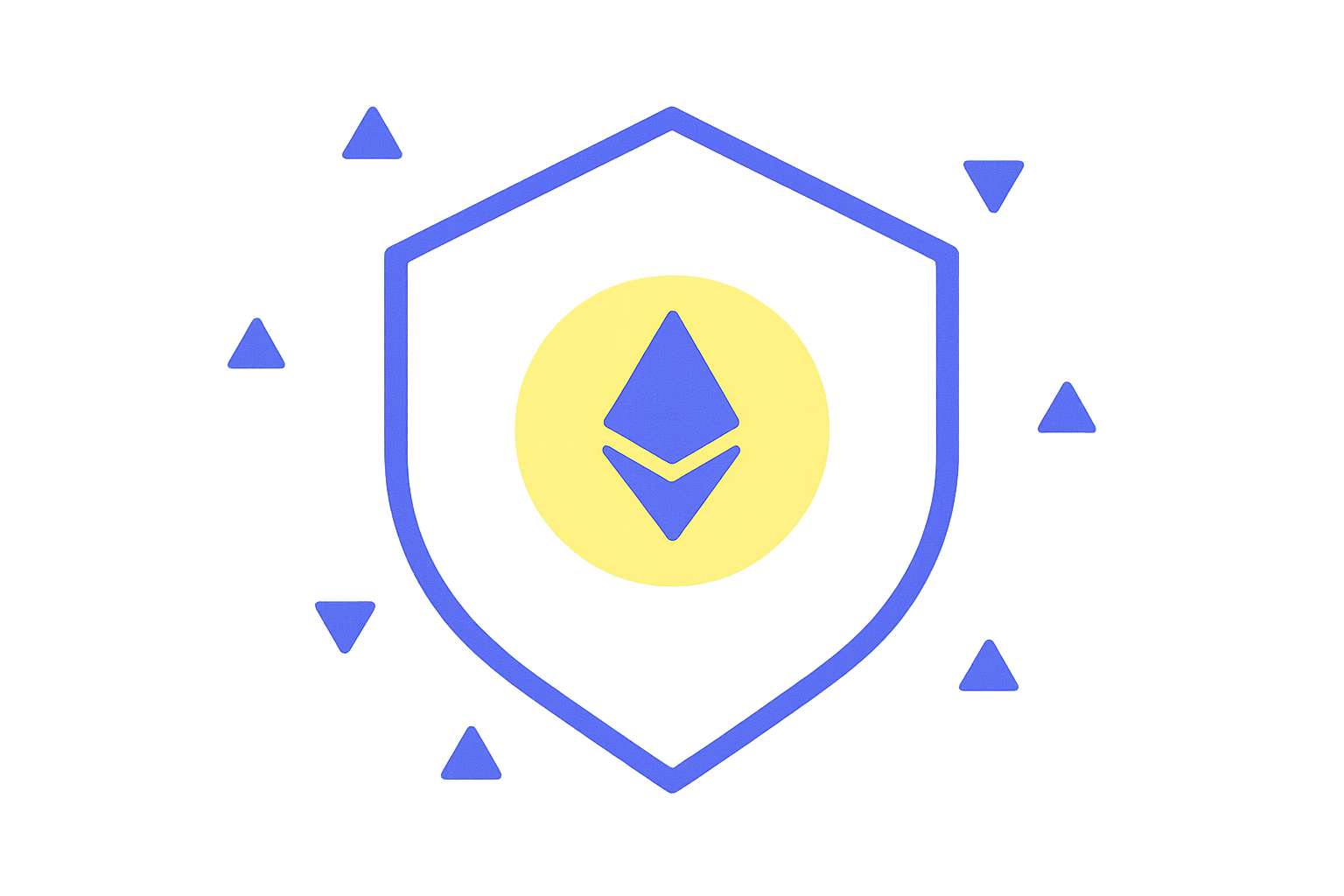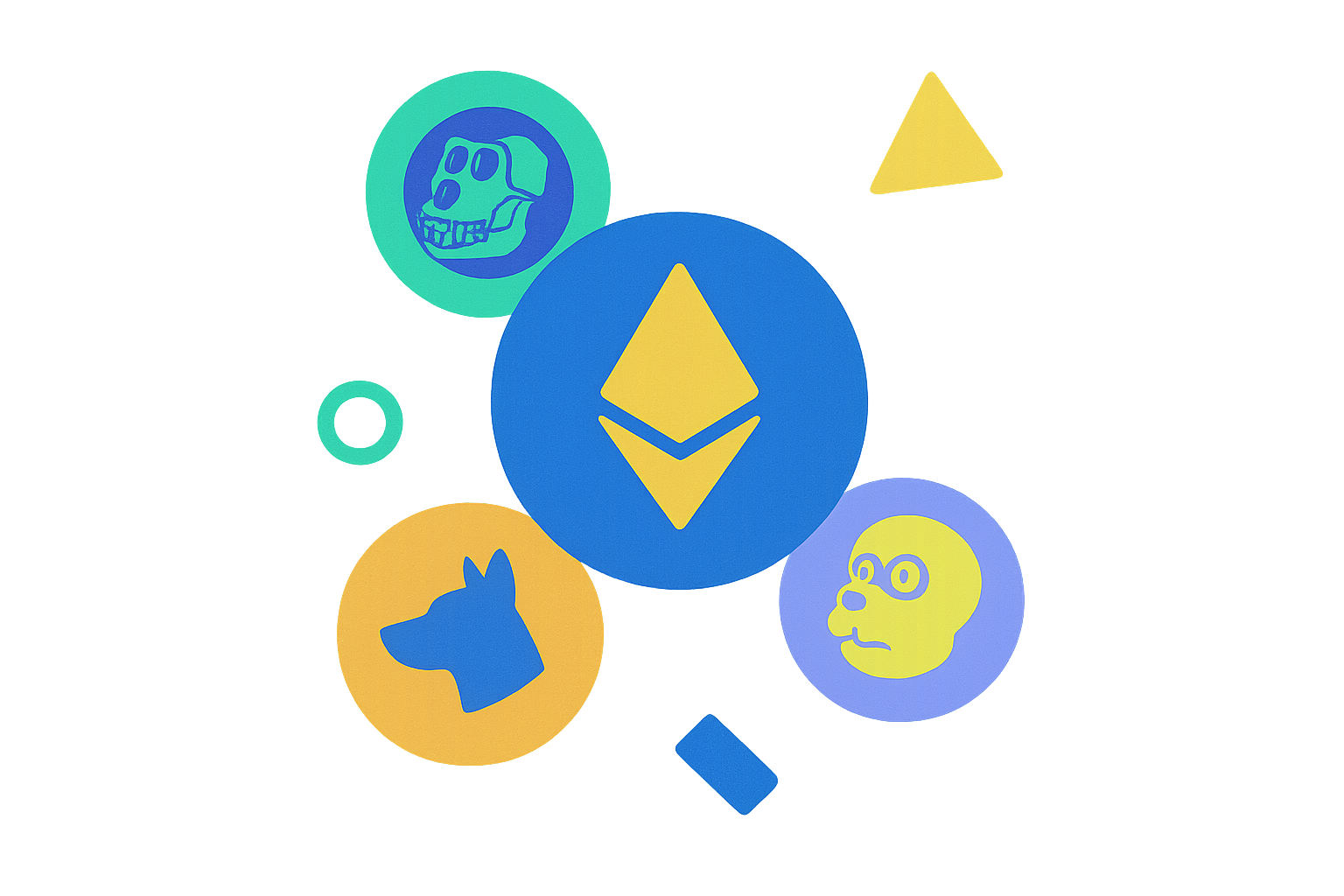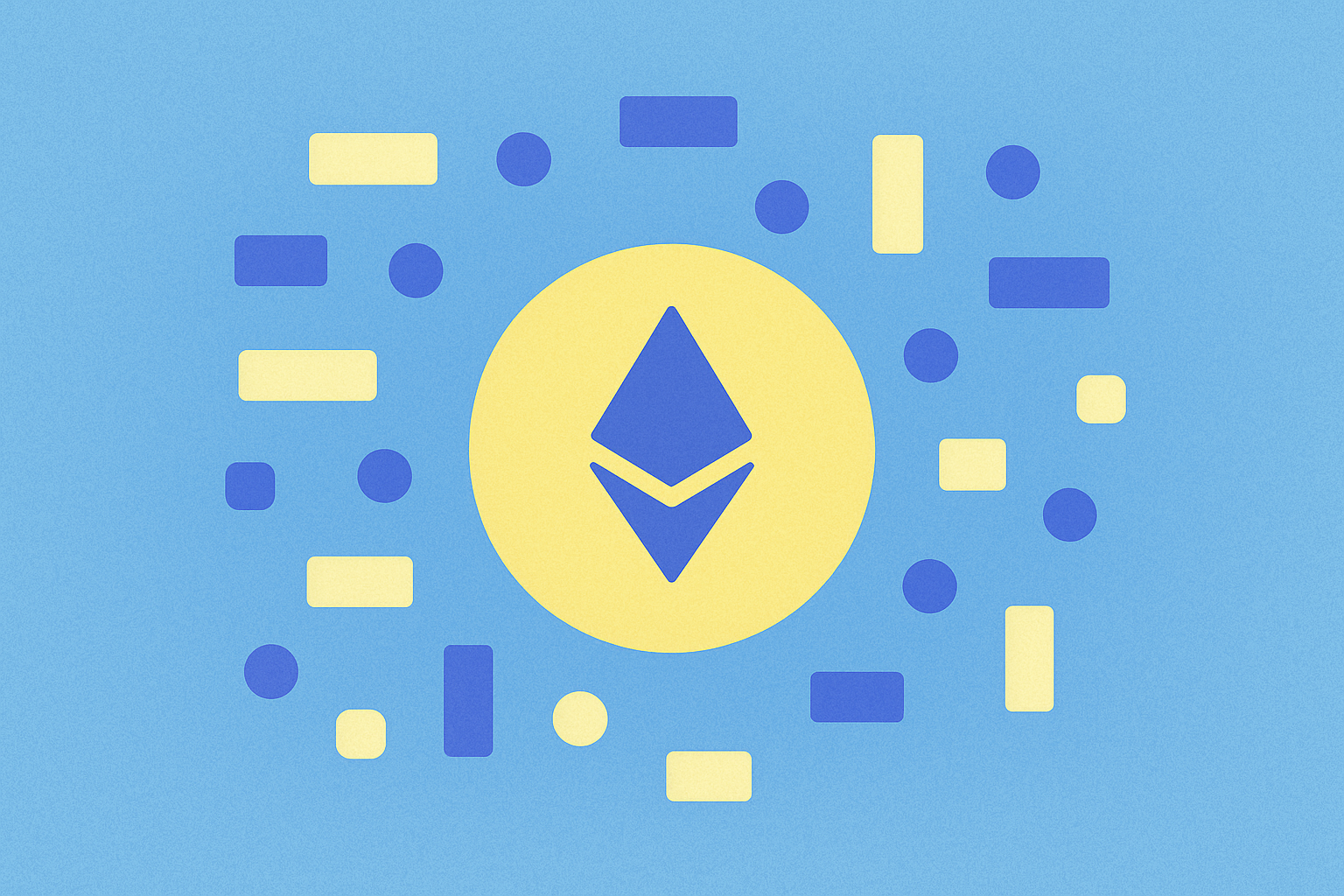2025 Yılında Solana'nın Karşılaşabileceği En Önemli Güvenlik Riskleri Nelerdir?

2022'de 580 milyon dolarlık hırsızlık, akıllı sözleşmelerdeki zafiyetlere dikkat çekti
2022 yılında Solana tabanlı platformlarda yaşanan 580 milyon dolarlık hırsızlık, akıllı sözleşme güvenliği konusundaki kritik açıkları göz önüne serdi. Bu olay, merkeziyetsiz finans (DeFi) ekosistemlerinde sağlam denetim ve güvenlik önlemlerinin acil gerekliliğini vurguladı. Akıllı sözleşmeler, potansiyellerine rağmen, kötü niyetli kişiler tarafından istismar edilebilecek hatalar içerebilir ve ciddi finansal kayıplara yol açabilir. Olay, sözleşme mantığı ve güvenlik protokollerindeki zayıflıkları ortaya çıkararak mevcut önlemlerin yeniden değerlendirilmesini tetikledi.
Bu ve benzeri vakalar karşısında, blokzincir topluluğu akıllı sözleşme güvenliğini güçlendirmeye yönelik çabalarını artırdı. Gelişmiş denetim araçları, biçimsel doğrulama yöntemleri ve ödül avı programlarıyla potansiyel açıklar dağıtımdan önce tespit edilip gideriliyor. Ayrıca, geliştiriciler kapsamlı testler, kod incelemeleri ve hata tolerans mekanizmaları gibi en iyi uygulamaları yaygın biçimde benimsemekte.
| Yıl | Çalınan Tutar | Platform | Etkisi |
|---|---|---|---|
| 2022 | 580 milyon dolar | Solana tabanlı | Kritik akıllı sözleşme zafiyetlerini ortaya çıkardı |
Bu olay, tüm DeFi sektörü için bir uyarı niteliği taşıyarak sürekli güvenlik iyileştirmeleri ve kullanıcı eğitiminin önemine dikkat çekti. Blokzincir ekosistemi geliştikçe, yenilik ile güvenlik arasında denge kurmak, kullanıcı varlıklarının korunması ve merkeziyetsiz teknolojilere olan güvenin sürdürülmesi açısından büyük önem taşıyor.
Solana kullanıcıları sürekli oltalama ve dolandırıcılık riskleriyle karşı karşıya
Solana kullanıcıları, karmaşık oltalama ve dolandırıcılık girişimlerinden kaynaklanan süregelen tehditlere maruz kalıyor. Bu kötü niyetli faaliyetler giderek yaygınlaşıyor ve dolandırıcılar, habersiz kişileri hedef almak için çeşitli yöntemler geliştiriyor. Öne çıkan taktiklerden biri, saldırganların cüzdan adreslerini değiştirerek kullanıcıları fonlarını yanlış adrese göndermeye yönlendirdiği adres zehirleme saldırısıdır. Ayrıca, sahte airdrop'lar ve zararlı imzalar da kullanıcıların hesaplarını riske atmak için kullanılıyor.
Bu risklerin ciddiyeti yakın dönemdeki olaylarda net şekilde ortaya çıktı. Örneğin, Kasım 2023'te önde gelen kripto cüzdan sağlayıcısı Ledger, Solana kullanıcılarını devam eden bir oltalama ve adres zehirleme dolandırıcılığına karşı acil olarak uyardı. Bu uyarı, tehditlerin artan boyutunu ve Solana topluluğunda daha fazla dikkat gerekliliğini vurguluyor.
Problemin boyutunu göstermek için aşağıdaki verilere bakabilirsiniz:
| Dolandırıcılık Türü | Yaygınlık | Potansiyel Etki |
|---|---|---|
| Adres Zehirleme | Oltalama hesaplarının %71,88'i | Yüksek fon kaybı riski |
| Sahte Airdrop | Yaygın | Hesap güvenliği riski |
| Zararlı İmzalar | Artan eğilim | Yetkisiz işlemler |
Bu istatistikler, kullanıcıların dikkatli olması ve tüm işlemleri titizlikle kontrol etmesi gerektiğinin altını çiziyor. Solana ekosistemi büyümeye devam ederken, kullanıcıların güncel güvenlik uygulamalarına hakim olması ve kriptoyla ilgili platformlarda veya tekliflerde azami dikkat göstermesi hayati öneme sahiptir.
Merkezi borsalarda SOL saklamak önemli riskler taşıyor
Merkezi borsalar, Solana (SOL) sahipleri için ciddi saklama riskleri oluşturuyor. Kullanıcılar SOL'lerini bu platformlarda barındırdığında, özel anahtarların kontrolü ellerinden çıkarak güvenlik açıklarına ve saldırılara karşı savunmasız hale geliyorlar. Kripto para borsalarının geçmişi, yatırımcılar için büyük kayıplara yol açan pek çok olayla dolu. Ayrıca, merkezi borsaların genellikle az sayıda doğrulayıcıya dayanması, Solana'nın merkeziyetsizlik vizyonuyla çelişiyor ve ağ manipülasyonu riskini artırıyor.
Bu risklerin büyüklüğünü göstermek için aşağıdaki tabloya göz atabilirsiniz:
| Kriter | Kendi Saklama | Merkezi Borsa |
|---|---|---|
| Özel Anahtar Kontrolü | Kullanıcı | Borsa |
| Borsa Saldırısı Riski | Yok | Yüksek |
| Doğrulayıcı Çeşitliliği | Yüksek | Düşük |
| Merkeziyetsizlik | Korunur | Zedelenir |
Bu borsaların merkezi yapısı, SOL sahiplerini düzenleyici belirsizliklere de maruz bırakıyor. Hükümetler, borsalarda tutulan varlıklara kısıtlama veya dondurma getirebilir ve kullanıcıların fonlarına erişimini engelleyebilir. Ayrıca, borsalarda şeffaflık eksikliği kullanıcı mevduatlarının gerçek teminatı konusunda soru işaretleri doğuruyor.
Bu tür riskleri azaltmak için SOL sahipleri, donanım cüzdanı ve merkeziyetsiz borsalar gibi kendi saklama çözümlerine yöneliyor. Bu alternatifler, kullanıcıların özel anahtarlarını kendi kontrollerinde tutarak Solana ekosistemine katılım göstermelerini sağlıyor. SOL piyasa değeri 100,77 milyar dolara ulaştıkça, güvenli saklama çözümlerinin önemi Solana ağının uzun vadeli başarısı ve benimsenmesi açısından daha da kritik bir hâl alıyor.
SSS
Sol coin yatırım için uygun mu?
Evet, Sol coin güçlü bir yatırım potansiyeline sahiptir. Hızlı, ölçeklenebilir blokzinciri ve düşük işlem ücretleri, uzun vadeli büyümeyi destekler. Güncel piyasa trendleri, Solana'yı kripto piyasasında öne çıkarıyor.
Sol 1.000 dolar seviyesine ulaşabilir mi?
Evet, SOL 2025-2030 yılları arasında 1.000 dolara ulaşabilir. Yüksek performanslı blokzinciri ve büyüyen ekosistemi bu iddialı hedefi mümkün kılıyor; fakat kesinlik garanti değildir.
Solana bugün 10.000 dolara çıkabilir mi?
Hayır, Solana'nın bugün 10.000 dolara ulaşması mümkün değil. Büyüme potansiyeli bulunsa da, mevcut piyasa koşullarında bu kadar büyük bir fiyat artışı bir günde gerçekçi değildir.
Sol coin nedir?
SOL, Solana blokzincirinin yerel kripto para birimidir. İşlem ücretleri, staking ve merkeziyetsiz uygulamaların çalıştırılmasında kullanılır. Solana, hızlı ve düşük maliyetli işlem imkanı sunar.

2025'te En Büyük Kripto Güvenlik Tehditleri Nelerdir?

HumidiFi: 2025’te Gelişmiş Getiri Optimizasyonu ile DeFi’ye Yenilikçi Bir Soluk Getiriyor

Solana güvenliğinde etkili honeypot tespit araçları

Blockchain Oracle Çözümlerinin Potansiyelini Keşfetmek

Kripto Dünyasında Yaşanan En Büyük Güvenlik İhlalleri Nelerdir ve Varlıklarınızı Korumak İçin Neler Yapmalısınız?

Warden Protokolü: 2025'te Web3 Güvenliği için Kapsamlı Bir Rehber

Ordinals NFT'lerinin İşleyişi ve Sağladığı Avantajlar: Kapsamlı Bir Rehber

Yaygın Cüzdan Dolandırıcılıklarını Tespit Edin ve Önleyin

BAYC NFT Koleksiyonunun simgesel görsel kimliğini inceliyoruz

Ethereum Gas Ücretlerinin Mantığı: Maliyetleri Düşürmek İçin Stratejiler

Kripto para birimlerinde Automated Market Maker’ları Anlamak交易系统





